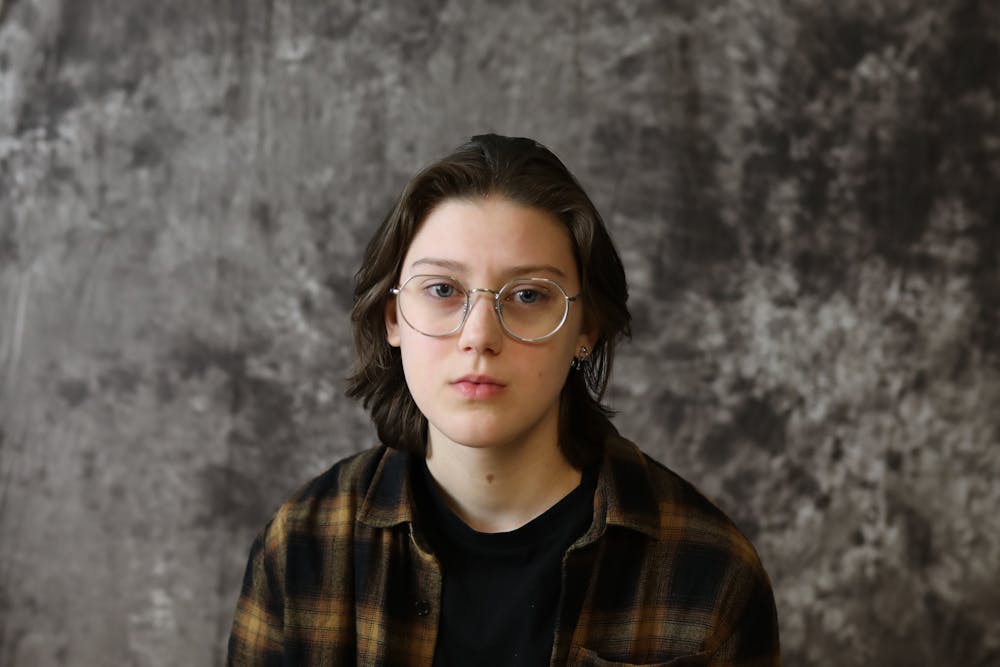I spent an average of 3.2 hours per day on social media last week.
As someone who suffers from being “chronically online,” I’ve come to understand the pitfalls of social media.
It’s easy to fall into the habit of opening Instagram anytime a room gets too quiet or a project deadline starts to feel overwhelming. Once an app is open and the algorithm kicks in, it can feel impossible to stop scrolling — even when your mind and body are begging you to look away.
The Internet can also be a cruel place. Online anonymity allows anyone who wants to spew hatred or misinformation to do so with little accountability. The comment section can become a breeding ground for online bullying, where the productive exchange of ideas comes second to tearing people down.
Whether you loathe or laude social media, it’s not going away anytime soon. There are 4.9 billion social media users as of this year, according to Demand Sage, which accounts for just over 60% of the global population. Demand Sage projects this figure will increase to 5.85 billion users by 2027, indicative of a larger shift towards online media consumption. Social media will continue to pervade every aspect of modern life, reaching both personal and professional spheres.
So why not use it for good?
At their cores, these platforms are communication tools. They enable users to see other perspectives, share resources and stay connected with friends and family. Social media can serve as a vehicle for education and empowerment, providing users access to a wealth of free information that might otherwise be inaccessible.
Perhaps most importantly, these networks allow marginalized communities to come together and foster a sense of inclusion and belonging.
Growing up in a Christian household as a queer teenager, I didn’t have the language to express what I was feeling. The only thing I knew about “being gay” was that it was a condemnable sin. No one in my life was a part of the LGBTQ+ community. I felt increasingly alone and full of shame. I thought that no one else was feeling what I was — that I was a problem in need of fixing, rather than a human being who was just slightly different from those around me.
Social media was my only window into secular life and a pillar of hope at a time when being different felt devastating. On these platforms, I watched YouTubers like Ally Hills, Rose and Rosie and Shannon Beveridge find success and happiness while living their authentic lives.
Watching these creators pursue and celebrate queer love gave me the confidence and assurance that I could one day come out and experience that same joy and freedom.
It’s easy to demonize social media, but the positive effects of these platforms cannot be overlooked. These platforms are meant to connect people and — when used correctly — can educate, empower and enrich their users.
Alex Olen is an opinion editor and can be reached at alex.olen@ubspectrum.com





